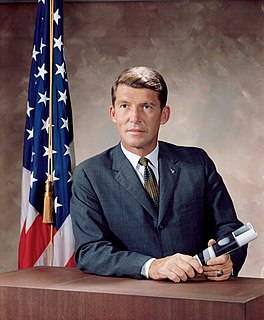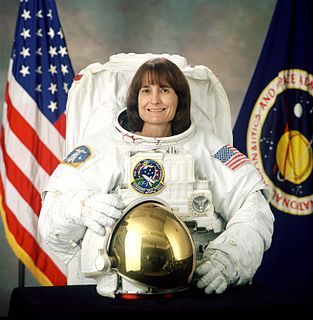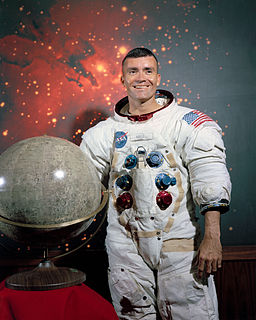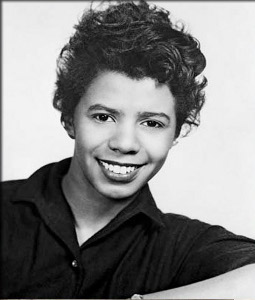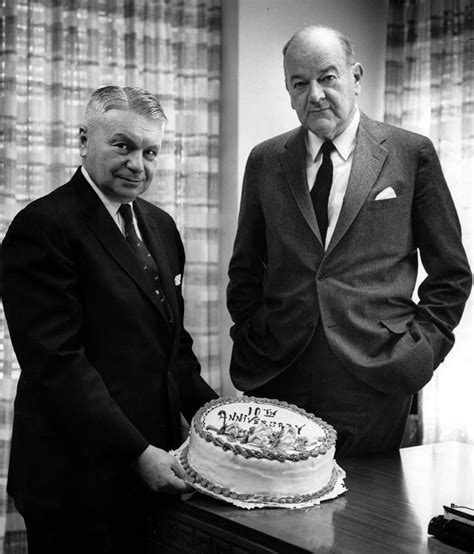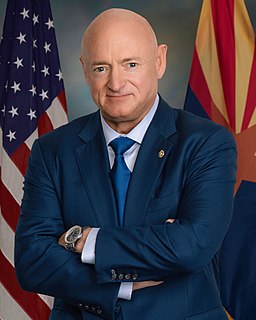A Quote by Wally Schirra
Kennedy had made a mess in Cuba at the Bay of Pigs. He had to do something to look good. The Apollo program of going to the Moon was quite a goal.
Related Quotes
Scientists constantly get clobbered with the idea that we spent 27 billion dollars on the Apollo programs, and are asked "What more do you want?" We didn't spend it; it was done for political reasons. ... Apollo was a response to the Bay of Pigs fiasco and to the successful orbital flight of Yuri Gagarin. President Kennedy's objective was not to find out the origin of the moon by the end of the decade; rather it was to put a man on the moon and bring him back, and we did that.
The CIA's official history of the Bay of Pigs operation is filled with dramatic and harrowing details that not only lay bare the strategic, logistical, and political problems that doomed the invasion, but also how the still-green President John F. Kennedy scrambled to keep the U.S. from entering into a full conflict with Cuba.
In less than 70 hours, three astronauts will be launched on the flight of Apollo 8 from the Cape Kennedy Space Center on a research journey to circle the moon. This will involve known risks of great magnitude and probable risks which have not been foreseen. Apollo 8 has 5,600,000 parts and 1.5 million systems, subsystems and assemblies. With 99.9 percent reliability, we could expect 5,600 defects. Hence the striving for perfection and the use of redundancy which characterize the Apollo program.
We have to remember that literally within months after Castro's taking office the planes from Florida were beginning to bomb Cuba. Within a year, the Eisenhower administration secretly, but formally, decided to overthrow the government. Then came the Bay of Pigs invasion. The Kennedy administration was furious about the failure of the invasion and immediately launched a major terrorist war and economic war that got harsher through the years. Under these conditions it is kind of amazing that Cuba survived.
We got to the moon on Christmas Eve 1968, at the end of a poor year for this country. We had Vietnam. We had civil unrest. We had the assassinations of Robert Kennedy and Martin Luther King. But we went around the moon and saw the far side for the first time. A script writer couldn't have done a better job of raising people's hope.
The idea of going to the movies made Hugo remember something Father had once told him about going to the movies when he was just a boy, when the movies were new. Hugo's father had stepped into a dark room, and on a white screen he had seen a rocket fly right into the eye of the man in the moon. Father said he had never experienced anything like it. It had been like seeing his dreams in the middle of the day.
